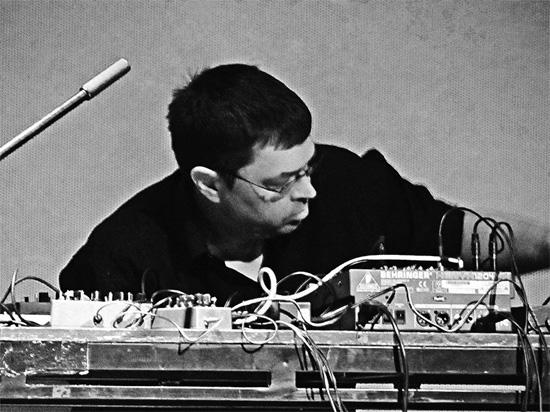Compiling any kind of music list is always fraught with lots of hand-wringing indecision, which is why I rarely do them. Even narrowing it down to a specific time frame and genre did little to alleviate it. So I can’t say I particularly enjoyed compiling this Baker’s Dozen, but once I had settled on my choices, the actual writing came fairly easily, and I sneaked a few mentions in there for some of the albums that just missed out on inclusion. But I’m sure there were one or two I missed and will be slapping myself for forgetting.
The list runs in roughly chronological order, and hopefully reveals something about the way my tastes developed during the course of the decade. Anyone who has been enjoying my new album Reflekzionz might find it useful as a reference point, revealing some of the influences that shaped much of the material. Some of the albums are undoubtedly classics and will already be known by most fans of electronic music, but perhaps there will be one or two that are less widely known. But my main objective was to come up with a very personal view of an incredibly fertile period, rather than sticking to the established narrative.
Reflekzionz is out now on Planet Mu. Click on his image below to begin scrolling through Nick’s choices


